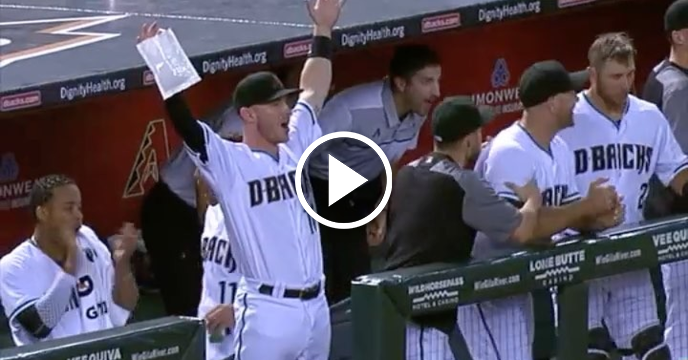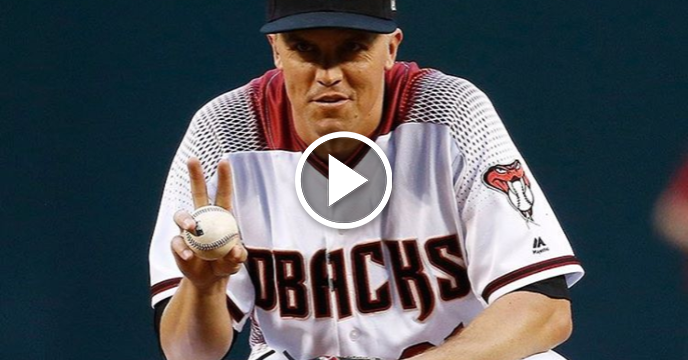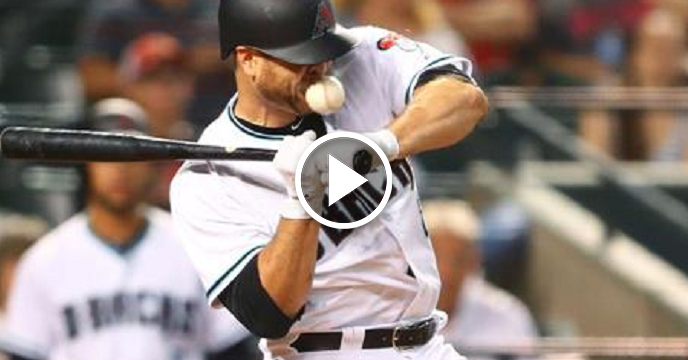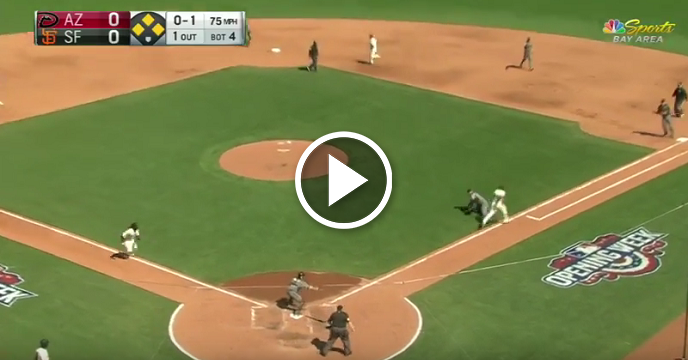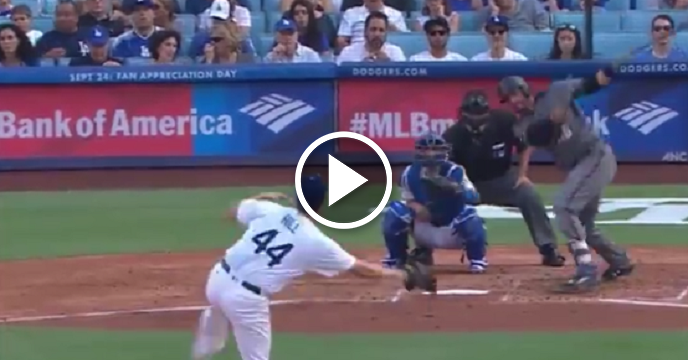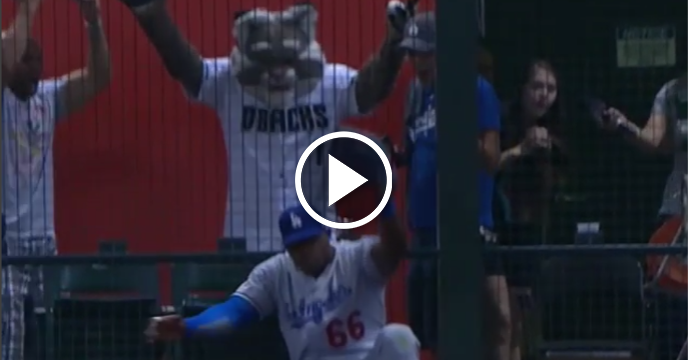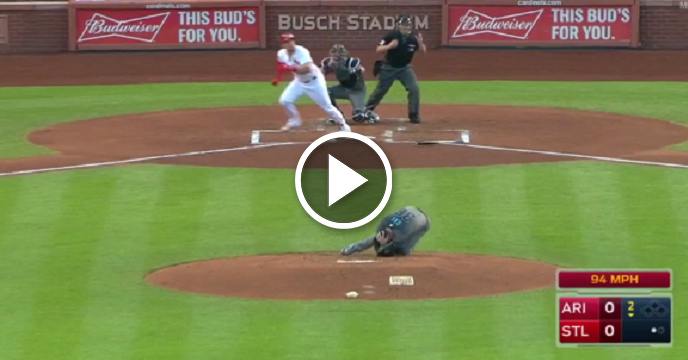The money being thrown around by Major League Baseball franchises recently and the timing of it means a shift has occurred in the free agency narrative. In the past, teams held onto players into the final year of their initial contract and then either extended the player before or as he hit the market, or let him walk.
The tactic made sense unless a general manager got nostalgic and paid a player out of loyalty or past production and ignored creaky knees or declining value.
And the prevailing notion to edging that close to free agency was not paying for the unknown. Teams let players finish their contracts and rewarded them based on the entirety of their statistics.
That’s changing.
Whether it’s the influx of television revenue, the fear of losing homegrown stars or some business ideal taught at places like Wharton or Stanford, clubs are locking in younger talent alarmingly fast.
Sure, Albert Pujols and Prince Fielder just tasted the sweet nectar of baseball bidding wars but those are exceptions.
More and more, teams are paying steep guarantees to avoid arbitration years and free agency in order to keep players in the cities that drafted them.
Examples just from today: Joey Votto‘s 10-year, $225 million extension with the Cincinnati Reds and Matt Cain‘s 5-year, $112.5 million deal with the San Francisco Giants.
These types of deals won’t kill free agency but they severely hinder the number of borderline $100 million players in future years.
Looking at the class of 2013, Yadier Molina, Matt Kemp, Jered Weaver and Matt Cain have already inked new deals. Is anyone left to surprise during the winter doldrums of the baseball offseason by earning a Scott Boras special?
It looks decidedly bleak.
Save Cole Hamels and his possible jet-set to Southern California, the Philadelphia lefty is the only man assured a nine-figure contract.
Anibal Sanchez, Andre Ethier, Stephen Drew, Ervin Santana, Shaun Marcum join the frenzy but unless a franchise simply gets desperate or falls for the agent-induced bidding against one’s self, none is worth $100 million-plus.
That’s not to say those aren’t talented players with above-average resumes, they all fit the description. But on a day in which the largest deal in baseball history for a right-handed pitcher was agreed to and the fourth biggest contract of all-time happened in Cincinnati, senseless spending may slow down.
Teams have accelerated negotiations and might pay a premium on potential production, but it keeps front offices happy because they possess a star to sell to the community for another decade.
Never mind he’s earning a quarter of the payroll and the deal could’ve occurred a year and half down the road.
 Share
Share 

